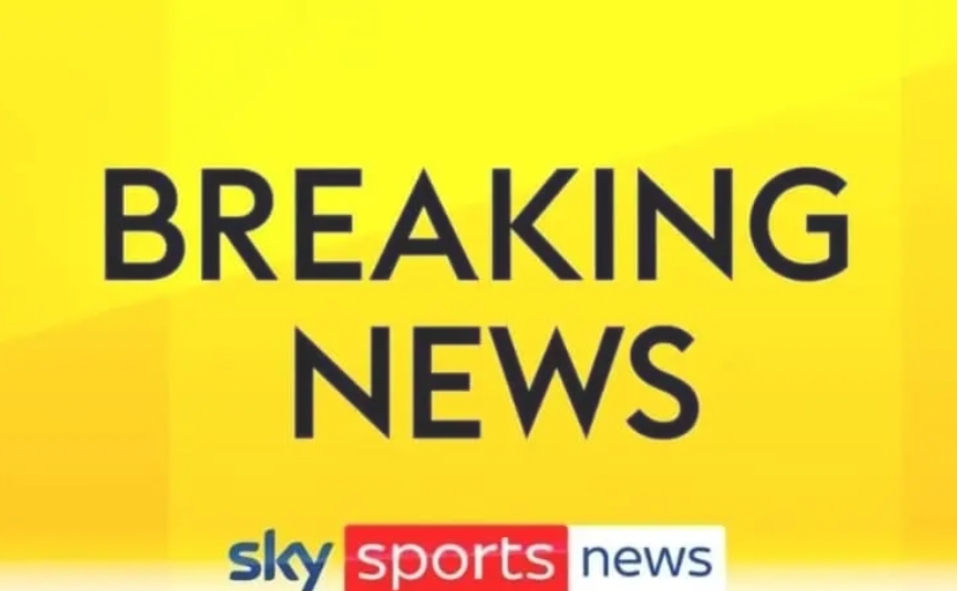The January transfer window has been relatively quiet, with key negotiations happening quietly among the big spenders from the previous windows. While the focus is on acquiring a prominent striker, potentially Napoli’s Victor Osimhen, the purchase of 1,000 shares for £140 million is not indicative of a constrained budget.
Mauricio Pochettino, Chelsea’s manager, has publicly expressed confidence that there is no need to sell to fund new acquisitions. Chelsea’s management has been exploring various tactics, and some observers consider the club’s approach an unprecedented experiment in football.
The next four games across all competitions are crucial for Chelsea and could define their season. The outcomes may also influence Pochettino’s future, despite assurances that his position is secure. Chelsea faces Fulham, followed by the Carabao Cup semi-final second leg against Middlesbrough, an FA Cup match against Aston Villa, and a Premier League clash with Liverpool.
The age profile of Chelsea’s squad is unprecedented, with a significant number of young players. Pochettino is dealing with a unique challenge as many squad members are still maturing, requiring additional tactical education. The club’s strategy of gathering young talent raises questions about the immediate future.
Despite financial constraints, Pochettino is working on finding the right balance for midfielders Moises Caicedo and Enzo Fernandez. Chelsea’s emphasis on younger players is a trend in football, driven by physical demands and financial challenges.
Pochettino’s managerial approach is undergoing a significant shift from his time at Paris Saint-Germain, where star-laden teams with established hierarchies presented challenges. The current young and dynamic squad at Chelsea presents a different set of difficulties for the Argentine manager.
While Pochettino is still considered a top coach, some view his move to Chelsea as a potential case study in making decisions at the wrong time. Although the Argentine is seen as a promising coach by major teams, there’s a sense that his trajectory may have been different in 2018.
Despite some concerns about the pace of results, Chelsea acknowledges progress under Pochettino compared to the previous year under Graham Potter. While metrics seem promising, the need for higher-level finishing is evident. The club is seeking another forward, and Pochettino now has more influence in transfers following a September meeting with the management.
Chelsea’s quieter approach in the market, coupled with Pochettino’s new challenges, is leading to an intriguing and potentially noisy few weeks ahead.
